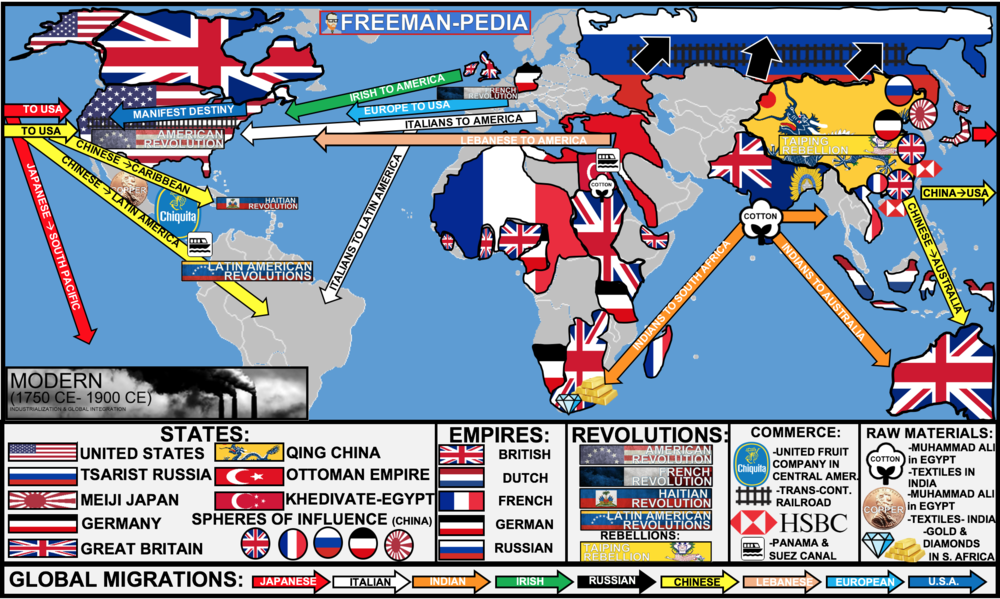
The African Continental Free Trade Area (ACFTA) is a potential game changer for the world’s poorest region. The pact — signed by 44 of the 55-member African Union (AU) in March — seeks to create a single market in goods and services, free movement of persons and investment, and eventually a customs union with a common external tariff.
In recent years, intra-regional commerce as a share of Africa’s overall trade has risen to 15% from 8% in 2011, points out Moody’s, the ratings agency. But then exports within Africa accounted for a mere 18% of the continent’s total exports in 2016, compared to 59% and 69% of intra-regional exports in Asia and Europe, respectively, according to the Brookings Institution. With a number of African countries ranking among the world’s fastest-growing economies over the last two decades, the ACFTA could tap into the immense potential for closer trade integration. Moody’s also points out that exports in manufactured goods within the continent are more than double the exports to countries outside it. These findings buttress expectations that a continent-wide single market would enable Africa’s transformation from an exporter of commodities and raw materials to a supplier of finished manufactured goods. Such trade diversification from relatively less labour-intensive sectors to value-added industrial products would in turn lead to sustained economic growth and employment generation.
 The ACFTA aims to abolish import duties on 90% of goods, currently averaging at 6%, which is projected to raise internal trade by over 50%. That would double if non-tariff barriers are scrapped, says the UN Economic Commission for Africa. But the UN Conference on Trade and Development is cautious about the effects from initial loss of tariff revenues and uneven costs and benefits during the transition. The likely exemption of sensitive products from trade liberalisation, which seeks to cover only 90% of goods, could influence the ACFTA ratification process in national capitals and entry into force by the year-end.
The ACFTA aims to abolish import duties on 90% of goods, currently averaging at 6%, which is projected to raise internal trade by over 50%. That would double if non-tariff barriers are scrapped, says the UN Economic Commission for Africa. But the UN Conference on Trade and Development is cautious about the effects from initial loss of tariff revenues and uneven costs and benefits during the transition. The likely exemption of sensitive products from trade liberalisation, which seeks to cover only 90% of goods, could influence the ACFTA ratification process in national capitals and entry into force by the year-end.
Deeper regional integration requires not only the dismantling of border tariffs, but also the elimination of non-tariff barriers such as poor infrastructure. Here, it is hard to overstate China’s presence as a major investor in Africa’s giant energy and transport projects, even if these are so far concentrated in a small number of countries. There has been a corresponding lack of U.S. engagement in the continent, especially under President Donald Trump, whose threat to reduce global aid could hit the region the most.
African leaders have been highly successful in leveraging their influence in the global strategic and economic arenas. But they could strive harder to uphold democratic rights and constitutional principles at home. That is critical to promote sustainable development.

